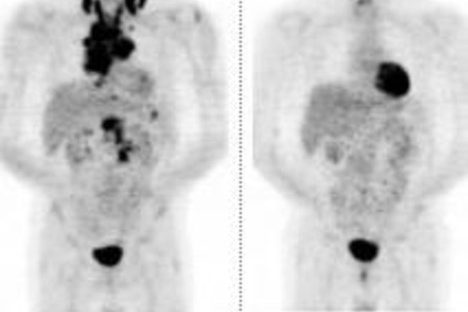Cancer doctors and patients live in a world of numbers. How big is the tumor? How many tumors are there? What is the blood count? How many treatments? Numbers are an indispensable part of cancer care. Perhaps, at first, no single number seems to have more weight and impact on a patient and family, then cancer stage. Almost every patient and family member asks, “What is the stage?” It is indeed important. However, what is remarkable, is that as simple and clear as this question seems, the answer often means something entirely different for the patient and the doctor.
For most patients the idea of stage is the same as the idea of prognosis. When patients or family members ask about stage, they are really asking, “how advanced is the cancer” or “how long do I have to live.” The higher the stage the sicker a patient must be. So, when a cancer patient asks, “what is the stage,” the answer carries the weight of the world.
It is very important to understand that stage and prognosis are not the same thing at all. There are Stage 1 cancers, which are almost always fatal and Stage 4 that are cured much of the time. Stage is basically a surgical concept. Stage tries to answer the question, “how much surgery would need to be done to remove it all?” Generally, Stage 1 and 2 cancers require limited surgery, Stage 3 cancers require a lot of surgery and Stage 4 cancers cannot be removed by surgery. Stage 4 may also mean a cancer has relapsed (come back) even if it can be cured. (Although many purists would say that the stage of a cancer is determined only once, at the beginning, and if it recurs a cancer is simply referred to as “metastatic”). For cancers that are never treated by surgery (for example Chronic Leukemia) higher stage may simply mean more treatment.
Prognosis is another concept, and not the same as stage. Prognosis is about treatability and survival. While prognosis may be contributed to by stage, it is also affected by grade, cell type, molecular markers (i.e. genetics) and other factors. Stage 4 does not, by itself, mean that a cancer has advanced beyond treatment or that a patient is dying. Many Stage 4 patients are cured or live many years.
These are frightening words. Cancer…prognosis…stage. They are made harder, when we don’t understand what they mean. But, the more we understand our own questions the better we understand the answers.





Comment